From all non-fiction out there, I often find history non-fiction the most interesting and, actually, the best written (historians can write!). This is a list of ten history non-fiction books that I wholly recommend, and, yes, my list does gravitate towards medieval history and the history of medicine. I am also excluding autobiographical memoirs, and this list is in no particular order.

I. History of Madness [1961/2009] by Michel Foucault
“Men are so necessarily mad, that not being mad would constitute another form of madness” (Blaise Pascal). I have read a number of books on the history of psychiatry, but this one is still the one. It is an ambitious, monumental work of eminent French philosopher Michel Foucault (1926 – 1984), and in it, he examines the changing meaning, perception and treatment of “madness” through the centuries, commenting on many cultural, societal, scientific and political transformations.
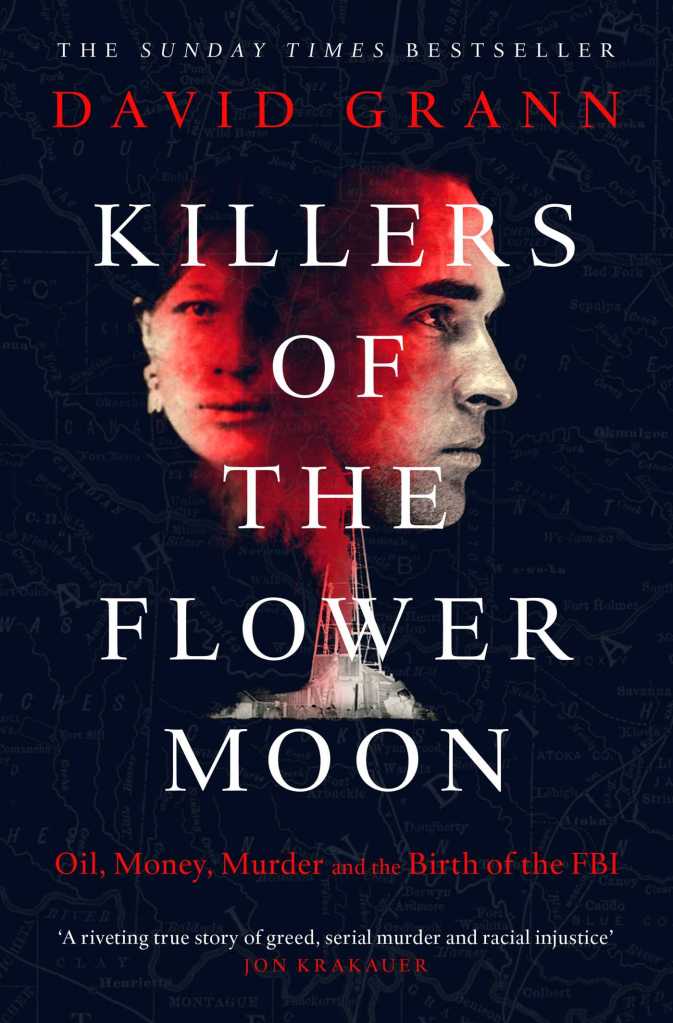
II. Killers of the Flower Moon [2017] by David Grann
This entry cannot be more timely – Martin Scorsese’s film based on this book is currently debuting at the Cannes Film Festival 2023. This is the story of the brutal murders of the Osage people in Oklahoma in the 1920s after oil deposits were found on their land. Corruption and deception are rife, but can an independent police force untangle the web of deception and cover-ups, and ensure justice? This is an entrancing read that will haunt you for days. My first book by David Grann was The Lost City of Z [2009], which I also highly recommend.
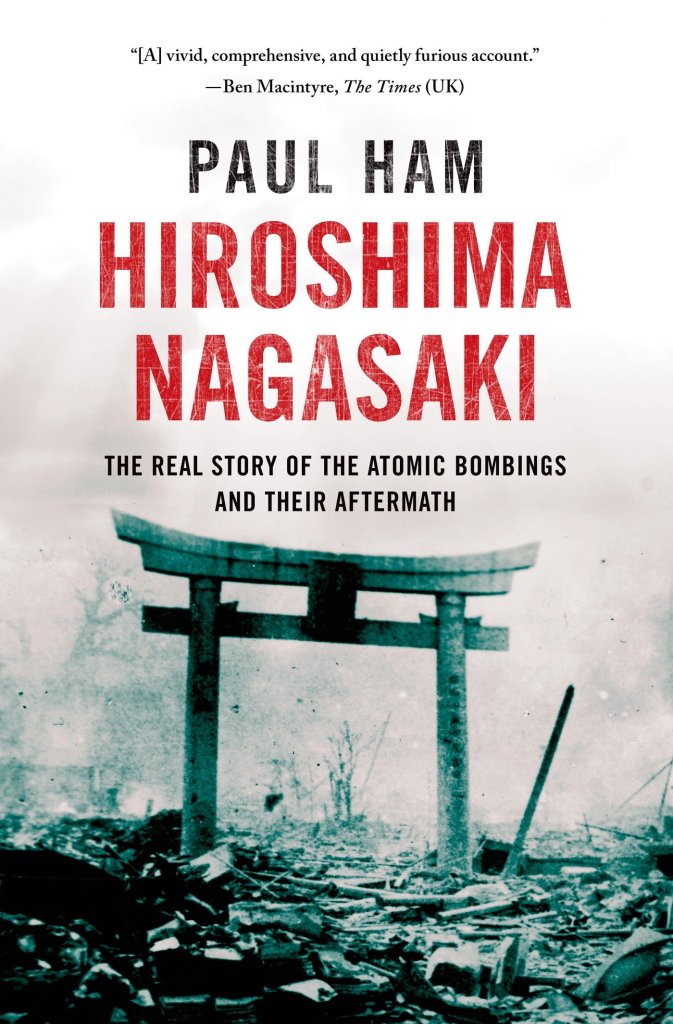
III. Hiroshima Nagasaki [2011] by Paul Ham
It may not appear so at first glance, but this is another timely book – again cinematically-speaking. Christopher Nolan’s new film Oppenheimer is due out this July and the focus is American scientist and “father of the atomic bomb” J. Robert Oppenheimer (1904 – 1967). Though I will not go so far as to suggest that the film may glamorise atomic research, I do encourage anyone interested in the topic or seeing this film first read Paul Ham’s book Hiroshima Nagasaki. It is one of the most eye-opening books out there and dispels many still prevalent myths about the atomic bombings that happened in 1945.
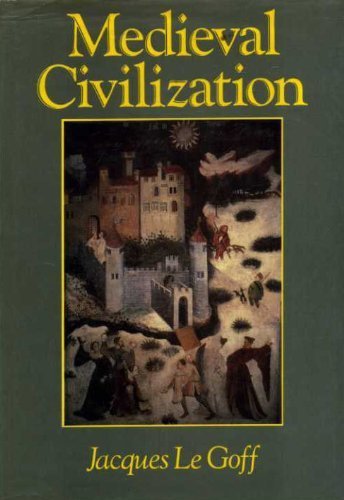
IV. Medieval Civilization [1964] by Jacques Le Goff
Jacques Le Goff’s history of the western medieval civilisation must be the best one there is. Highly erudite and perceptive, it traces the medieval society from the vestiges of the Roman Empire to the crisis of the Christian Kingdom of the fifteenth century. This history non-fiction takes a rather sweeping look at the Middle Ages in its second half, but also provides plenty of illuminating examples.

V. Inglorious Empire: What the British Did to India [2016] by Shashi Tharoor
Shashi Tharoor may be an ex-diplomat, but he writes with much precision, passion and conviction. His book is the story of the British rule in India, from the arrival of the East India Company to the Partition. It is a persuasive account that clearly shows all the injustice suffered by India from the British rule, and this historical non-fiction also dispels many reasons that are often evoked to justify the British presence in the country, such as the introduction of the legal system and the rule of law.

VI. The Facemaker [2022] by Lindsey Fitzharris
If there is one non-fiction author I am in awe of, it is Lindsey Fitzharris. She makes non-fiction sound like the most exciting fiction, and The Facemaker is the prime example of that. This is a long-overdue tribute to surgeon Harold Gillies (1882- 1960) who made unparalleled contributions to plastic maxillofacial surgery during the World War I. It is a sad piece of truth that medical progress makes leaps and bounds in the times of war, and through this story of an unlikely hero, we also get a glimpse at the less-than-ideal state of surgical practice at that time, as well as at one-of-a-kind challenges facing the British medical personnel and the victims of war.
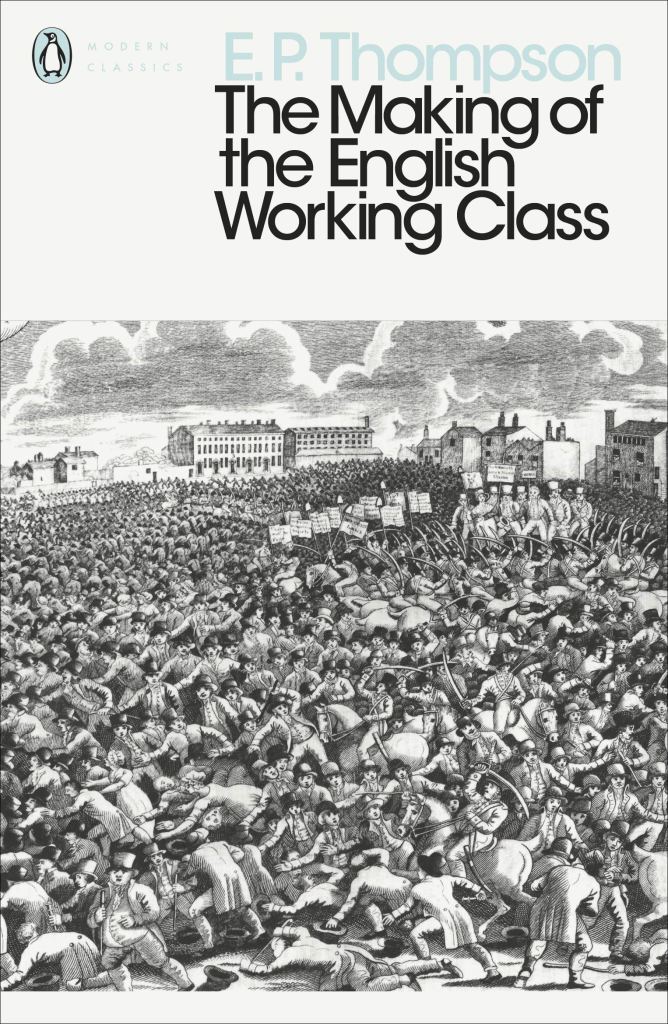
VII. The Making of the English Working Class [1963] by E. P. Thompson
This book on the history of the working class in England is often cited as one of the greatest history non-fiction ever written. This is for a good reason. Focusing on its formative years of 1789-1840, E.P. Thompson meticulously reconstructs people and events that gave rise to the emergence of the modern industrial class, challenging some prevalent views connected to the working people’s history, including the fact that the industrial revolution benefited the underprivileged masses.
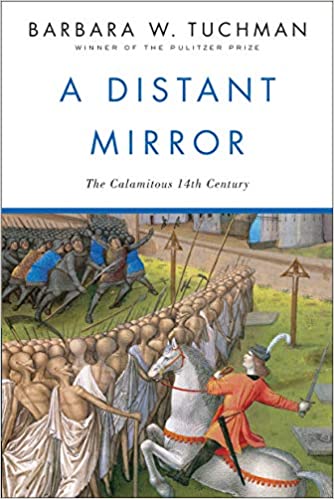
VIII. A Distant Mirror: The Calamitous 14th Century [1987] by Barbara W. Tuchman
This history non-fiction focuses on the fourteenth century Europe, the situation in France and on the powerful clan of lords – the Coucy of Picardy. Tuchman’s engaging book underscores the paradoxes of that turbulent and chaotic time, when religion and magic, and the code of chivalry and numerous “barbaric” wars, co-existed. I found her insights into the position of the Church, the Black Death epidemic, and domestic life particularly interesting.
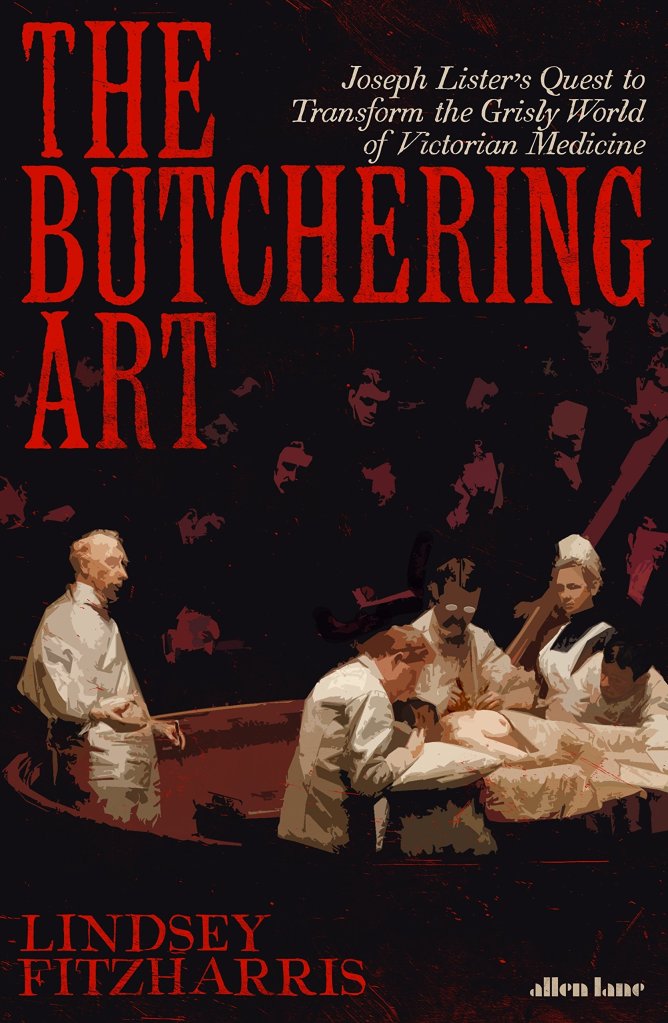
IX. The Butchering Art [2017] by Lindsey Fitzharris
Lindsey Fitzharris started her non-fiction writing with flying colours, and this book on the transformation of the Victorian medicine, and the role of surgeon Joseph Lister (1827 – 1912) in it, is one unputdownable read. The author finds that sweet spot between giving insightful information and entertaining her readers, and we read about some gruesome and astonishing medical practices, and how one prevailing theory about the spread of diseases was finally challenged and overturned by the champions of the germ theory.

X. All of Music: The Life and Times of the Great Composers: 1000 Years of Classical Music [2010]
I am cheating a little here because this book is an illustrated non-fiction, but it does send you on one unforgettable musical discovery journey. The focus of the book is the “classical European tradition”, and it presents rich and varied music and history connected to it. Starting with pre-Baroque composers and finishing with 21st century virtuosos, the book, which is also endorsed by pianist Vladimir Ashkenazy, provides short, but endlessly insightful information on key composers and the times in which they lived and worked. It has numerous illustrations and, more importantly, gives musical pieces’ recommendations. The book is a treasure trove for any classical music fan.


The Making of the English Working Class is one I’ve heard good things about, and I’m interested in the medieval civ history. My favorite standing is Will Durant’s Age of Faith, but I’m always open to challengers. I know Foucault’s name, as some blame him for the current obsession with ‘gender identity’, but haven’t read him directly.
LikeLiked by 1 person
If they blame him, then I don’t think they quite understand his views. History of Madness is about confinement, correction and the birth of asylum. I believe Foucault himself tried to distance himself from the first editions of his book. I was actually introduced to his direct writings through his more “manageable” essays. There is one titled “The Spectacle of the Scaffold”, which I find great or so I did when I read it many years ago. I think I know name Will Durant, but I haven’t read anything by him, should be interesting, thanks!
LikeLike
I don’t know if this book is the one they’re pinning as the instigator — he’s not someone I know anything about in detail. Durant is know for his epic Story of Civilization, an 11 volume, 12k pages set covering the comprehensive history of western civilization. I say comprehensive because he covers politics, economics, culture, art, etc.
LikeLiked by 1 person
A really interesting list–the two I’ve read, A Distant Mirror and Killers of the Flower Moon–were both fascinating books.
LikeLiked by 1 person
As a historian, I tend to think historians really cannot write, but I totally agree about The Butchering Art – Fitzharris did a fabulous job. And EP Thompson’s classic is so incredibly well-written.
LikeLiked by 1 person
When I said that about historians I guess I was mentally comparing them to scientists and criminologists. From my personal experience with non-fiction, I rank historians relatively high, and I don’t want to sound awful, but I find writing scientists to be the worst! 🙂
LikeLiked by 1 person
I think I need to read Killers of the Flower Moon, especially because my ancestors benefited from the discovery of oil in Oklahoma. I find history nonfiction writing can be mixed — writers with a lot of facts at their command are not always stylists. But some are, and that is a terrific combination.
LikeLiked by 1 person
Well-put! And I cannot recommend Killers of the Flower Moon highly enough, I think you would enjoy it, especially in view of your ancestral connection.
LikeLike
They all sound highly interesting. I have not read any of them but I do like some good non-fiction books. So, thanks for that.
LikeLiked by 1 person
Great list!
I have only read Tuchman’s. I have read some books by Le Goff in my younger years, in French, but I can’t remember which. I have read books by Foucault, but had no idea I wrote this one.
I haven’t read this one by Grann, but I read The Lost City of Z, years before the movie, and really enjoyed his writing. My husband just finished The Wager, which he enjoyed a lot, though he was a bit disappointed by the ending. He thought it felt flat, and had expected a broader analysis to wrap it up.
LikeLiked by 1 person
Thanks! I was disappointed by film The Lost City of Z, but definitely also enjoyed the book. I have heard great things about The Wager, and it is a pity about the ending. Since I am into shipwrecks and mutinies, I may give it a go one of these days too.
LikeLiked by 1 person
“shipwrecks and mutinies”! so yes, that’s definitely THE book to read!!
LikeLike
I’ve started the Barbara Tuchman study a couple of times now but sadly myood each time didn’t suit, so I suppose the fact I still have a copy of the hardback (I think I have, anyway!) suggests mood and time with coalesce some time in the future! I also remember Sam Waterston in a BBC series entitled Oppenheimer over 40 years ago now, and given that the Cold War was at its height and I was still having disturbing dreams about mushroom clouds it was for me a powerful show.
LikeLiked by 1 person
I can imagine. There is also a 1980 documentary The Day After Trinity about Oppenheimer.
LikeLiked by 1 person
Great selection. I agree historians make great writers. I need to read more non-fiction.
LikeLiked by 1 person
There are so many great non-fiction books and telling about such situations that any fiction can only envy, I think!
LikeLiked by 1 person
I enjoy nonfiction as well! Killers of the Flower Moon has been on my TBR for quite a while, hopefully I’ll get to it soon! The medieval history books sound pretty interesting as well – if you listen to podcasts, you may find the Medievalist podcast to be interesting. I like how they cover a variety of content about the middle ages and I’ve found some book recommendations from it!
LikeLiked by 1 person
I love your list. Some great picks here. I did a similar list a few years ago that might interest you. https://the-rearview-mirror.com/2021/03/08/my-10-favourite-history-books-of-all-time/
LikeLiked by 1 person
Forgive me I just realised you have read it. Last year I bought Harald Jahner’s Aftermath about German life in the fallout of WW2. Have you read it?
LikeLiked by 1 person
Thanks. I love re-visiting such lists, and I think will now add Constantinople, The Last Great Siege to my TBR list. No, I haven’t read Aftermath, you recommend? I recently had a not so good experience with another post-WWII Europe book – Judt’s Postwar: A History of Europe Since 1945. I also saw it on Orhan Pamuk’s shelf and thought it would be right up my alley. I am still on the fence about it.
LikeLike